GRINGLEY HALL
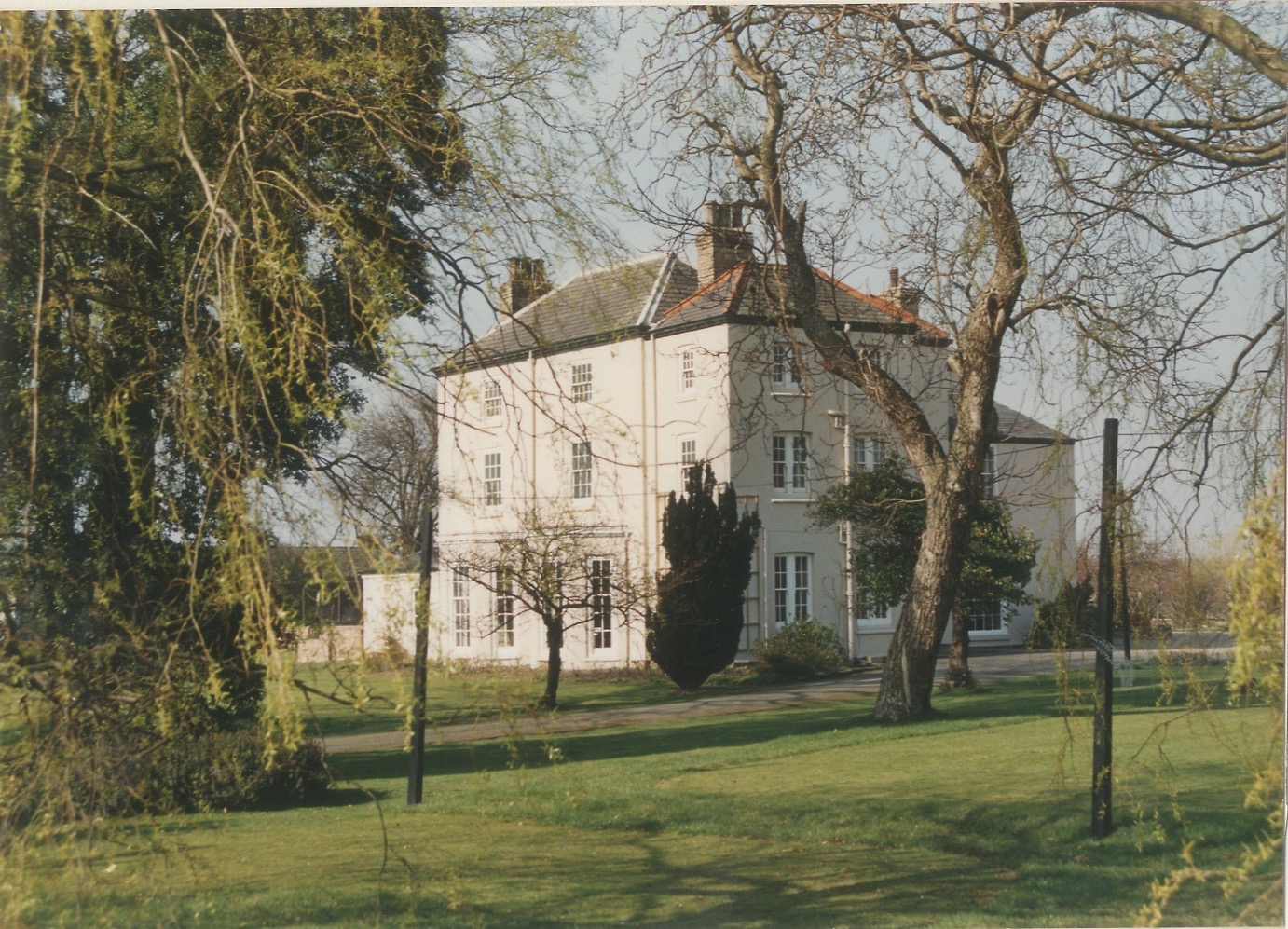
1990
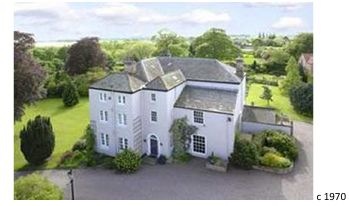
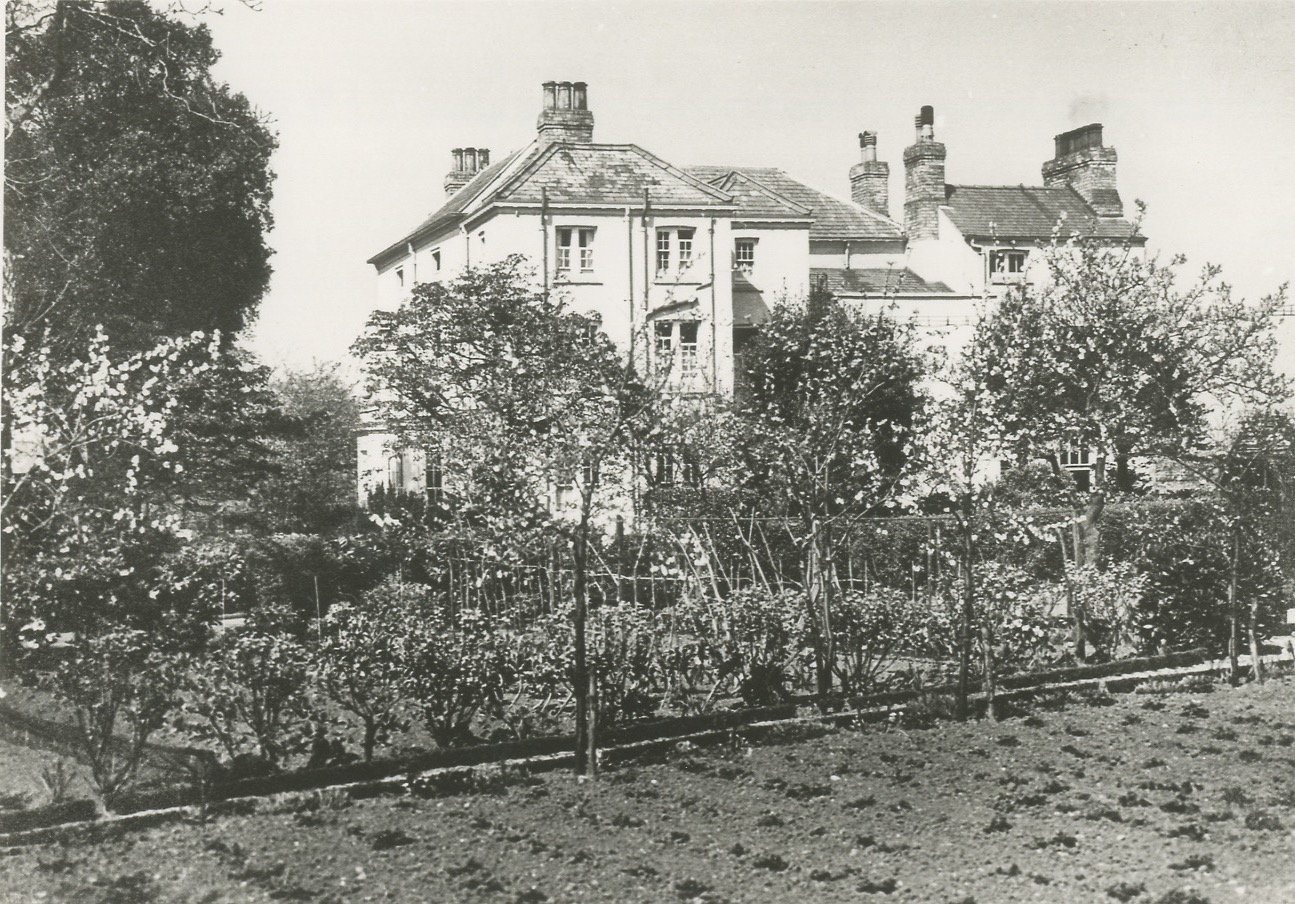
The vegetable patch and fruit garden during WW2. At this point in its history the property was a TB Hospital for children
In 1999 the Sale Particulars for Gringley Hall describe it as a Georgian building so would point to a construction date prior to 1820. Like many buildings of its age it has seen significant alterations.
The Census taker of 1851 does not name the house but we can be fairly sure that James Cross, a prominent corn merchant and farmer was living at the property. By 1861 the house where the Cross family live is called 'Top House'. The 1871 Census records a widowed Mrs Cross and servants at the property. In 1881 the Census records Mrs Susannah Chandler, her sister and two servants living at the property. In 1901 the property is clearly identified as 'The Laurels' and is occupied by Mrs Chandler, a niece and two servants.
The 1911 Census indicates that the property was a Convalescent Home, with a Matron, two nurses and eleven patients, all children between the ages of three and thirteen. The owner of the property was Jospeh Laycock of nearby Wiseton Hall. The reason behind Joseph Laycocks's purchase of The Laurels is not straightforward - but that's another story altogether!
The Convalescent Home C1910.
The hospital closed in the mid 1950s when the property became a private home once again
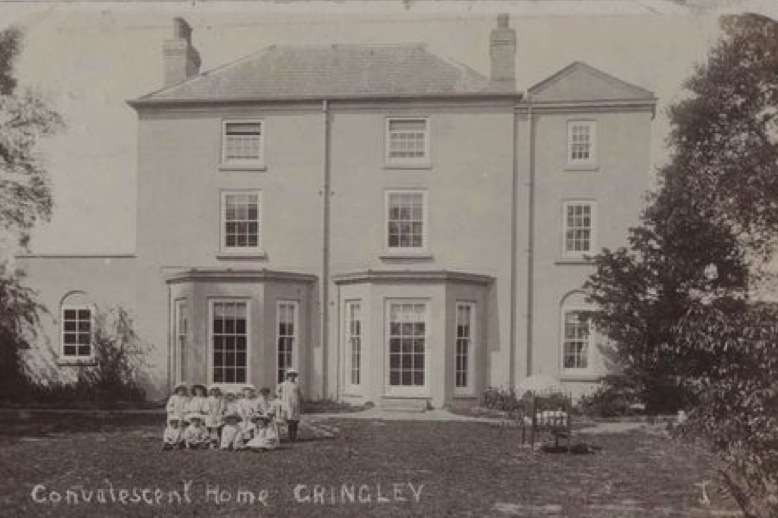
Dulce and Ian Threlfall and their three children lived in the property from early 1980s to 2000s. They carried out many landscaping projects to the gardens.
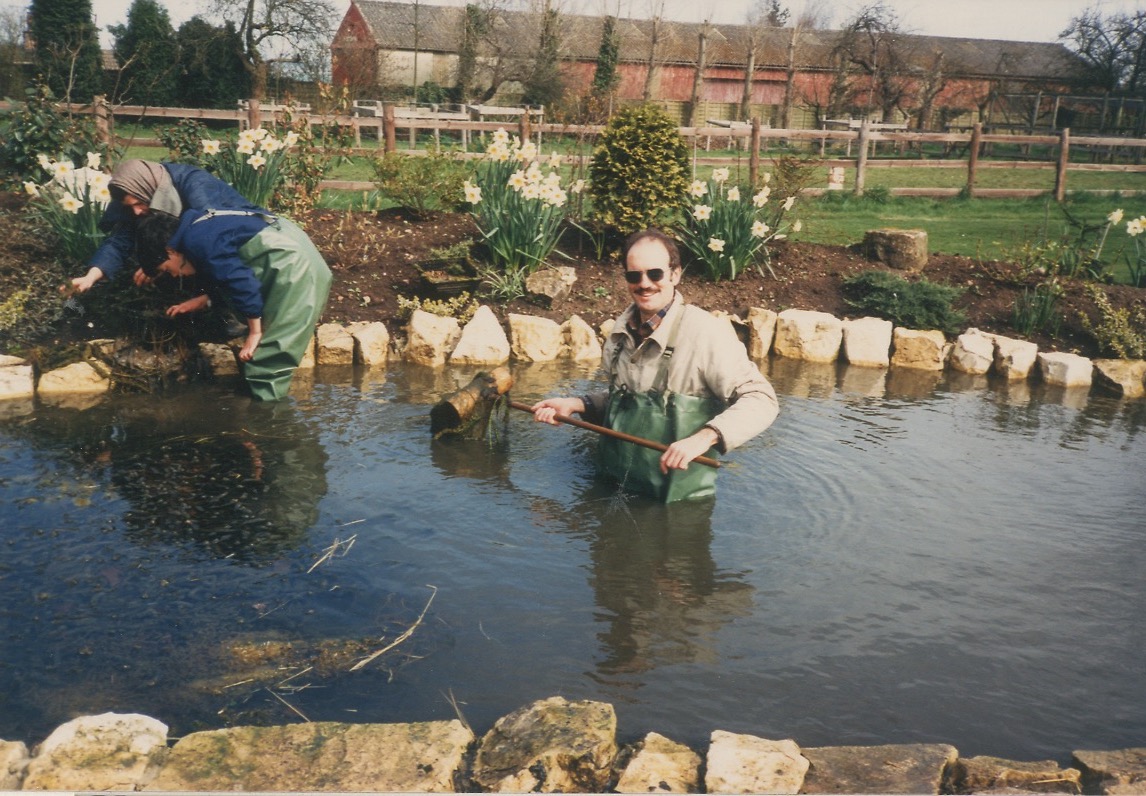
1982. Ian and Dulce Threlfall in the gardens at Gringley Hall
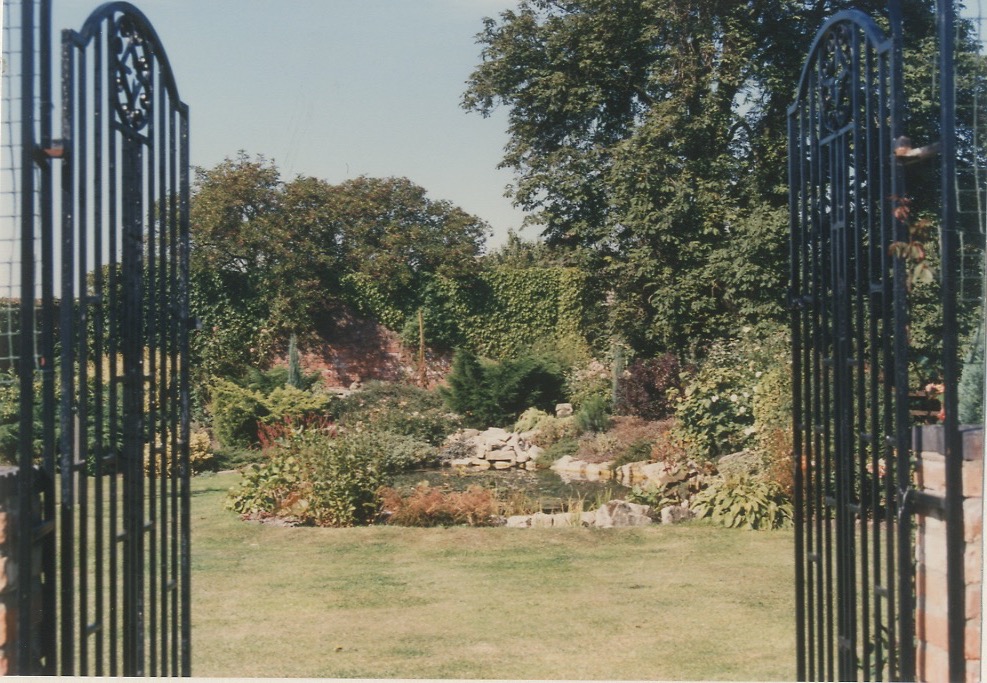
1985
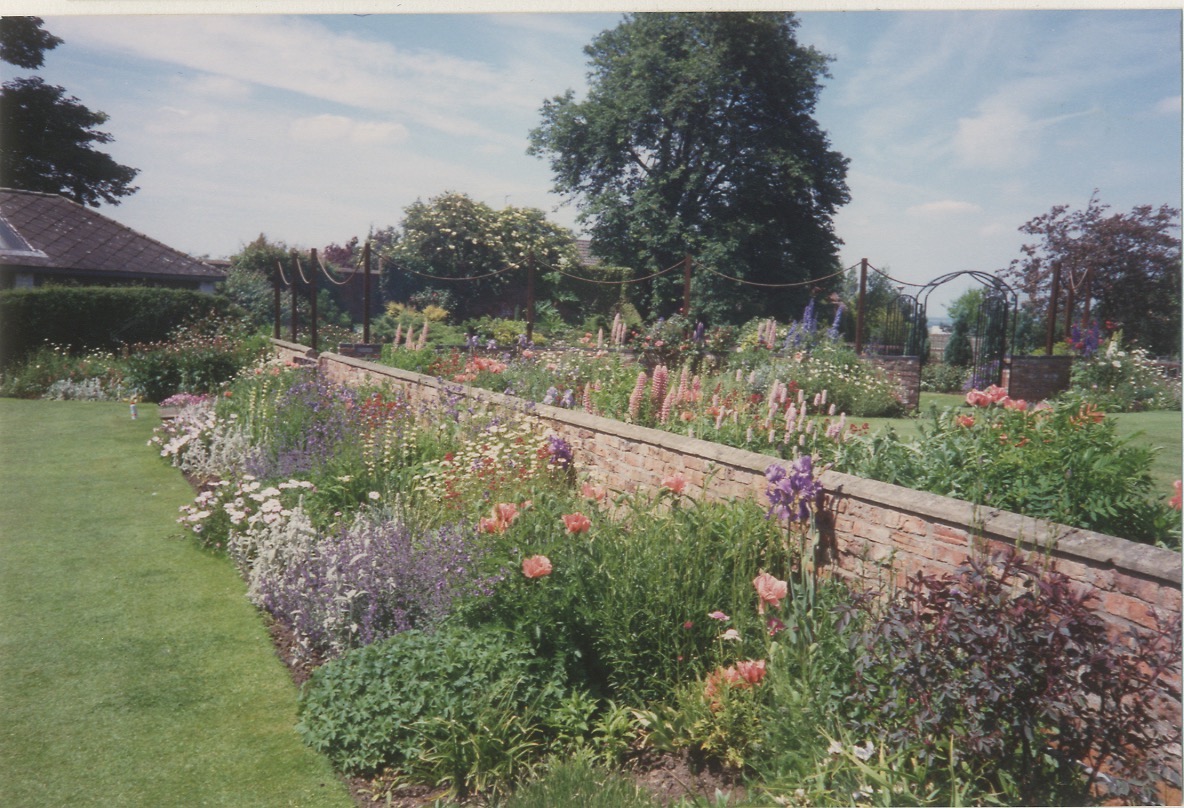
1985
Note: The full story of Joseph Laycock and the Duke of Portland's connection with the property can be found in the book "Deep Pockets and Fresh Air" available from Gringley History Club. Follow this link to find publications for sale: Publications
